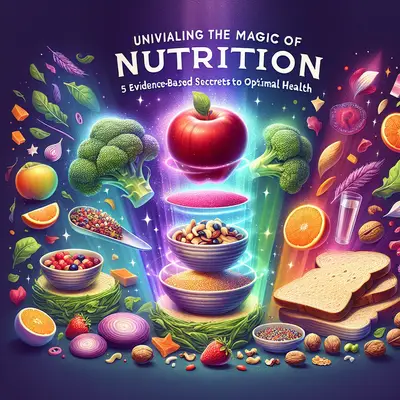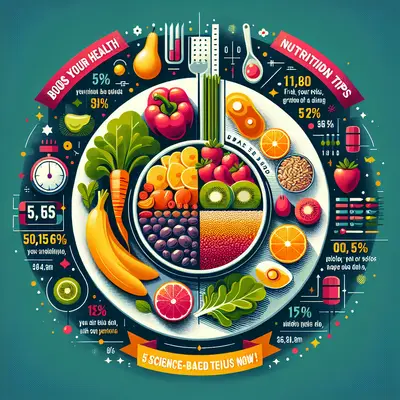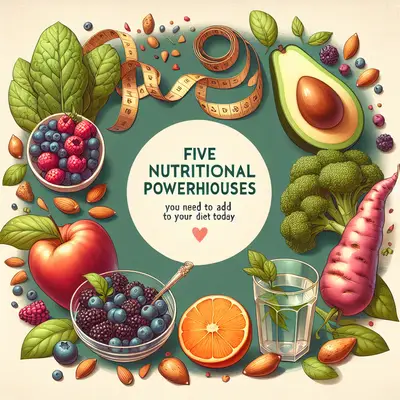Personalized Nutrition
Personalized nutrition is rapidly gaining ground. This trend moves away from the one-size-fits-all approach, tailoring dietary advice based on individual's unique genetic makeup, lifestyle, and health goals. Studies show that personalized nutrition can lead to significant improvements in health outcomes, including weight loss and better management of chronic diseases like diabetes and heart disease[^1^].
Plant-Based Diets
The popularity of plant-based diets has skyrocketed in recent years. This trend is not only beneficial for the environment but also offers numerous health advantages. Studies suggest that plant-based diets can reduce the risk of obesity, heart disease, diabetes, and certain types of cancer[^2^].
Probiotics and Gut Health
The importance of gut health is increasingly being recognized in the scientific community. Consuming a diet rich in probiotics, such as yoghurt, kefir, and fermented foods, can help maintain a healthy gut microbiome. Research indicates that a well-balanced microbiome can boost immunity, enhance digestive health, and even improve mental health[^3^].
Nutrition for Brain Health
The link between diet and brain health is another exciting area of research. Nutrients like omega-3 fatty acids, antioxidants, and certain vitamins are found to have a profound impact on cognitive function and mental health. Incorporating foods rich in these nutrients can help protect against neurodegenerative diseases and improve overall brain health[^4^].
Sustainable Eating
As climate change becomes an increasingly pressing concern, sustainable eating habits are gaining prominence. This involves choosing foods that are not only nutritious but also have a lower environmental impact. Opting for locally sourced, seasonal, and organic foods can help reduce carbon footprint and promote sustainable agriculture[^5^].
Conclusion
Navigating the world of nutrition can be challenging, given the myriad of information available. However, keeping abreast of the latest trends can empower you to make informed choices about your health. Remember, it's always advisable to consult a healthcare provider before making major dietary changes.
[^1^]: Zeevi, David, et al. "Personalized Nutrition by Prediction of Glycemic Responses." Cell, vol. 163, no. 5, 2015, pp. 1079–1094.
[^2^]: Satija, Ambika, et al. "Healthful and Unhealthful Plant-Based Diets and the Risk of Coronary Heart Disease in U.S. Adults." Journal of the American College of Cardiology, vol. 70, no. 4, 2017, pp. 411–422.
[^3^]: Markowiak, Paulina, and Katarzyna Śliżewska. "Effects of Probiotics, Prebiotics, and Synbiotics on Human Health." Nutrients, vol. 9, no. 9, 2017, p. 1021.
[^4^]: Morris, Martha Clare, et al. "Nutrients and Bioactives in Green Leafy Vegetables and Cognitive Decline." Neurology, vol. 90, no. 3, 2018, pp. e214–e222.
[^5^]: Springmann, Marco, et al. "Options for Keeping the Food System within Environmental Limits." Nature, vol. 562, no. 7728, 2018, pp. 519–525.



